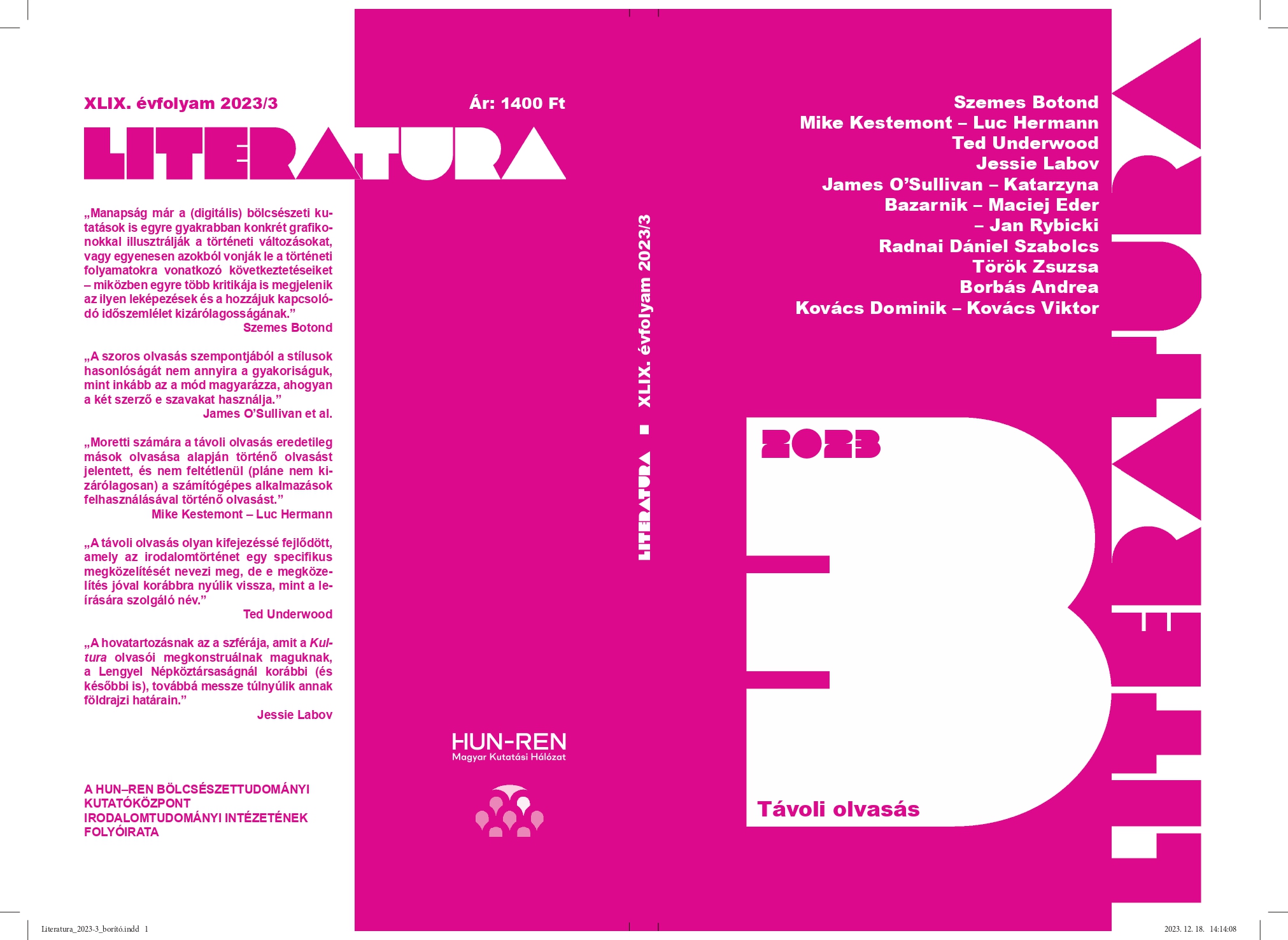Reading Kultura From a Distance
How a Literary Journal Integrated the Polish Diaspora
Abstract
The Polish émigré journal Kultura was indisputably one of the key sites of Polish-language cultural production during the Cold War, yet it has been written about primarily as a virtual salon of its most famous contributors. This article offers a re-reading of Kultura on a global scale, using the tools of georeferencing and geoanalysis to demonstrate its widest spheres of dissemination among the diaspora. This approach, sometimes labeled “distant reading” is an attempt to illuminate new aspects of literary form and culture than can only be seen through a macro lens, including large-scale changes over space and time. This study of Kultura reveals new points of connection which were hidden by assumptions we have carried with us when reading it as a ‘dissident’ journal or a purely ‘émigré’ phenomenon. By illustrating a global framework for the journal’s reception, this chapter can begin to bridge the cartographic chasm caused by isolationist readings of Cold War texts.



